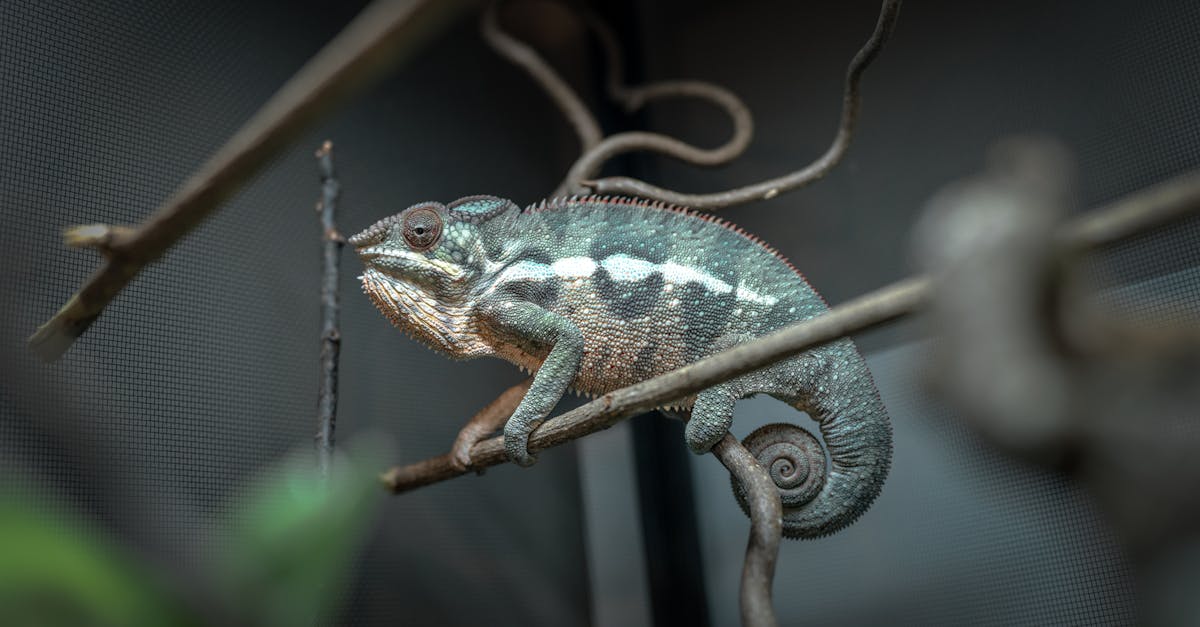The Samoyed, or "Sammie," is a fluffy, friendly, and energetic dog that has captured the hearts of countless pet owners. Whether you're considering adopting one or already have a Sammie in your home, understanding their unique needs is essential for keeping them happy and healthy. In this guide, we'll explore their personality, care requirements, and vet-approved tips for this beloved breed.
🐾 Breed Snapshot
The Samoyed is an ancient breed originating from Siberia, where they were bred by the Samoyedic people to herd reindeer, pull sleds, and provide warmth. These dogs are known for their iconic "Sammy smile," which isn’t just adorable but also serves a functional purpose by preventing drool from freezing in cold temperatures.
Here are some quick facts about the Samoyed:
- Size: Medium to large (19–24 inches tall, 35–65 pounds)
- Lifespan: 12–14 years
- Coat: Dense double coat, usually white or cream
- Temperament: Friendly, outgoing, and gentle
- Activity Level: High energy, requires regular exercise
Samoyeds thrive in active households where they can be a part of family activities. They are highly social and do not do well if left alone for long periods.
🧬 Personality & Behaviour
Samoyeds are often described as "eternal optimists" because of their cheerful disposition. They are affectionate dogs who love being around people and other animals. However, this social nature means they can develop separation anxiety if left alone too often.
Key traits of Samoyed personality include:
- Playful: They have a puppy-like demeanor even as adults, making them great companions for children.
- Intelligent: Samoyeds are quick learners but can be a bit stubborn. Consistent training is key.
- Alert: While not aggressive, they are excellent watchdogs and will alert you to new visitors or unusual sounds.
Early socialization and training are crucial for shaping a well-behaved Sammie. Positive reinforcement works best, as they are sensitive and respond poorly to harsh corrections.
🧼 Health & Grooming Needs
One of the most distinctive features of the Samoyed is their thick, fluffy coat, which requires regular upkeep to keep it looking its best. Additionally, like all breeds, they have specific health concerns to be aware of.
Grooming:
- Brush their coat 2–3 times a week to prevent mats and tangles.
- During shedding season (spring and fall), daily brushing may be needed.
- Bathe them every 6–8 weeks, or as needed, using a dog-specific shampoo.
- Trim their nails regularly to prevent overgrowth.
- Brush their teeth 2–3 times a week to maintain good oral health.
Common Health Issues:
- Hip Dysplasia: A genetic condition where the hip joint doesn’t develop properly, potentially causing arthritis.
- Progressive Retinal Atrophy (PRA): A degenerative eye disorder that can lead to blindness.
- Diabetes: Samoyeds are more prone to diabetes than many other breeds.
- Hypothyroidism: A condition where the thyroid gland doesn’t produce enough hormones, leading to weight gain and lethargy.
Regular vet check-ups, a healthy diet, and plenty of exercise can help prevent or manage these issues. If you notice any changes in your Sammie's behavior, appetite, or activity levels, consult your veterinarian promptly.
💡 Vet Tips for Pet Parents
Caring for a Samoyed can be incredibly rewarding, but their high energy and grooming needs require commitment. Here are some vet-approved tips to ensure your Sammie thrives:
- Provide daily exercise: Aim for at least 1–2 hours of physical activity each day, such as walks, playtime, or agility training.
- Feed a balanced diet: Choose high-quality dog food that meets their nutritional needs. Consult your vet for portion sizes based on their weight, age, and activity level.
- Offer mental stimulation: Puzzle toys, training sessions, and interactive games can keep their intelligent minds engaged.
- Keep them cool: Samoyeds are built for cold climates, so they can overheat in warm weather. Provide plenty of water, shade, and avoid outdoor activities during the hottest parts of the day.
- Socialize early: Expose your Sammie to different people, pets, and environments from a young age to build their confidence and reduce anxiety.
Remember, every Samoyed is unique. Getting to know your dog’s individual personality and needs will help you provide the best care possible.
FAQs
Q: Are Samoyeds good with children?
A: Yes, Samoyeds are known for their gentle and playful nature, making them excellent companions for children. However, always supervise interactions between dogs and young kids to ensure safety for both.
Q: Do Samoyeds shed a lot?
A: Yes, Samoyeds are heavy shedders, especially during seasonal coat changes. Regular grooming can help manage the shedding and keep their coat healthy.
Q: Can Samoyeds live in apartments?
A: While Samoyeds can adapt to apartment living, they require plenty of daily exercise and mental stimulation to prevent boredom and destructive behavior.
Book a $49 online vet consultation at https://www.dialavet.com for fast, expert advice.























